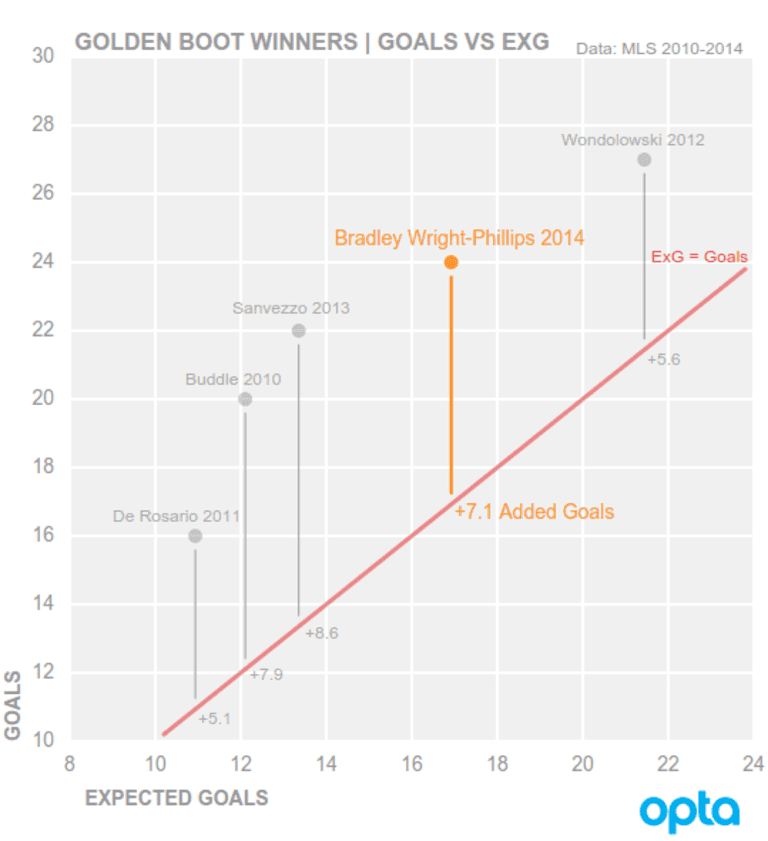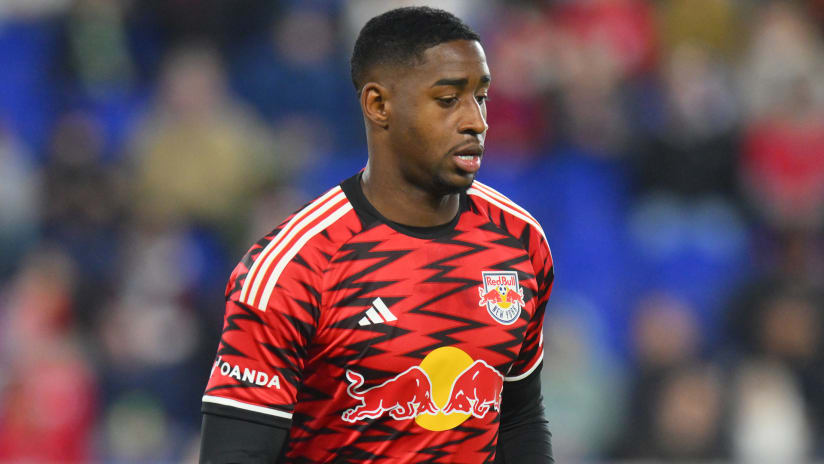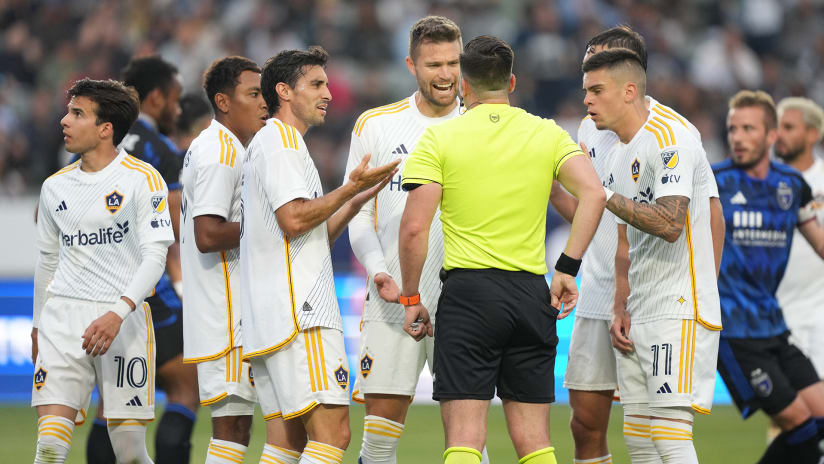Bradley Wright-Phillips is now just three goals shy of tying MLS's single-season record of 27, currently shared by Roy Lassiter and Chris Wondolowski, following Wright-Phillips' entertaining hat trick against the Seattle Sounders on Saturday night at Red Bull Arena.
Through his 27-game, 2,134-minute campaign, the New York Red Bulls forward has accumulated an expected goal, or ExG, total of 16.9. That's one expected goal per every 126 minutes. Expected goals is a rough measurement of how many goals an average player is expected to score from a set of scoring chances. Weighed against years of historical data, ExG takes into account the position and context of each shot and assigns a goal-scoring probability to each opportunity.
With five games and 450 minutes remaining on the Red Bulls schedule, just how likely is it that BWP will break the elusive single-season goal-scoring record?
An average player operating at BWP's current per-game rate would normally be expected to score 3.56 goals in their next 450 minutes of MLS play (against average competition). Using a probability distribution to estimate the chances of different goal-scoring totals, an average player with these underlying metrics has a 47.6-percent chance of scoring four or more goals the rest of the season (and eclipsing the single-season MLS goal-scoring record).
But Wright-Phillips, like Lassiter and Wondo before him, is not an average MLS goal scorer. That academic approximation of 47.6 percent should be viewed as the very baseline of BWP's chances of breaking the record. Plugging his actual goal-scoring rate of one goal every 89 minutes into the same probability distribution suggests a 74.3-percent chance of breaking the record.
That, however, remains far from a solid bet.
In truth, BWP's actual chance of breaking the record lies somewhere between our two extreme estimates, and that's because, in soccer, "form" is largely a non-predictive byproduct of a string of lucky results.
Wright-Phillips is undoubtedly a tremendous striker, but his exceptional scoring rate is unsustainable. One prime example is Wondolowski in 2012: He added 5.6 goals beyond his expected. Eventually we learned that Wondo circa 2013 was just a shade of Wondo 2012. And Wondo's 5.6 added goals total in 2012 is even less of an outlying data point than Wright-Phillips' 7.1 so far in 2014.

Regression is inevitable. 2015 in Harrison is likely to look a lot different than 2014 has.
That said, 2014's not done yet. Wright-Phillips and New York fans alike are hoping he can hold onto this exceptional goal-scoring rate just a little while longer – all the way into the playoffs, and hopefully beyond.













